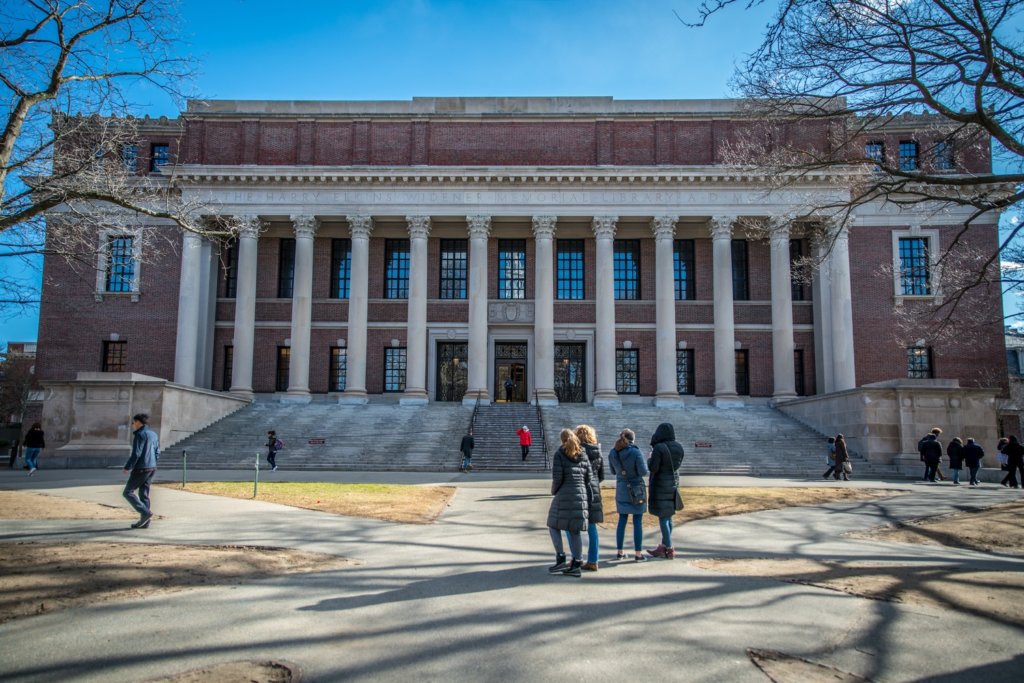 View Winners →
View Winners → 
Researchers at Harvard, California State University, Sacramento, and University of California, Santa Barbara, discovered a new gene responsible for nectar spur development in columbine flowers, according to a study published in the Proceedings of the National Academy of Sciences in September
. Researchers at Harvard, California State University, Sacramento, and University of California, Santa Barbara, discovered a new gene responsible for nectar spur development in columbine flowers, according to a study published in the Proceedings of the National Academy of Sciences in September. Study co-author and basketball fan Evangeline S.
Ballerini said she named the gene POPOVICH — POP, for short — after Gregg Popovich, head coach and president of the San Antonio Spurs. “I’m a nerdy scientist and a sports fan. I wanted to play off of the San Antonio Spurs and the columbine spurs,” Ballerini said. Much like a coach directs players, POP directs nectar spur development in columbine flowers and is essential to promoting biodiversity, according to Ballerini.
Ballerini — who currently serves as an assistant biology professor at CSU Sacramento — co-authored the study with Organismic and Evolutionary Biology professor Elena M. Kramer, UCSB biology professor Scott A. Hodges, and Harvard graduate students Molly B. Edwards […]









































































































